Keywords: Michele Frankeni
-
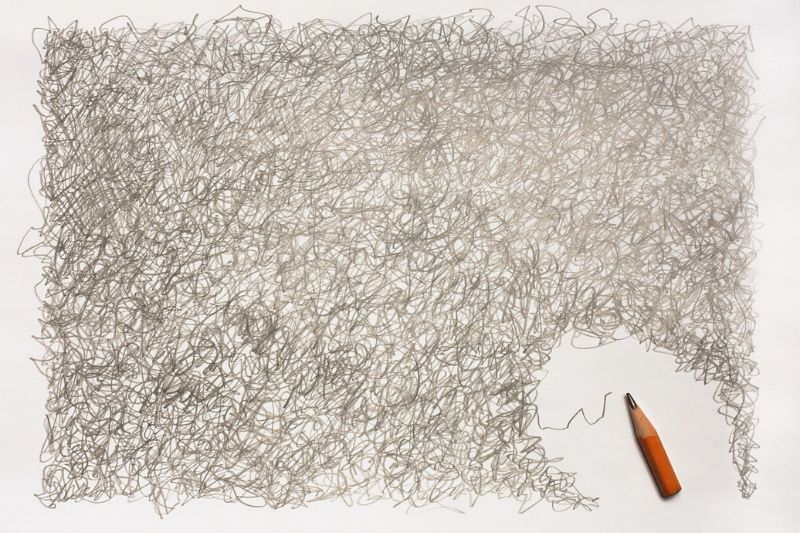
AUSTRALIA
- David Halliday, Michael McVeigh, Laura Kings, Michele Frankeni, Andrew Hamilton, Julian Butler
- 18 December 2024
To close the year for Eureka Street, the editorial team are taking a step back to reflect on the character of 2024. What did it demand of us? What did it teach us about ourselves, and the world we inhabit?
READ MORE
-
.jpg)
MEDIA
- Michele Frankeni
- 15 October 2024
Two years ago to the month, I wrote in this column of my despair and disgust of the impunity with which society leaders and politicians didn’t just shade the truth, but buried it six-feet deep and then gleefully stomped on it. In the past week, a couple of things reminded me of that piece and about the role truth plays in our public discourse. It reminded me how fragile our grasp on reality has become, and why that matters.
READ MORE 
-
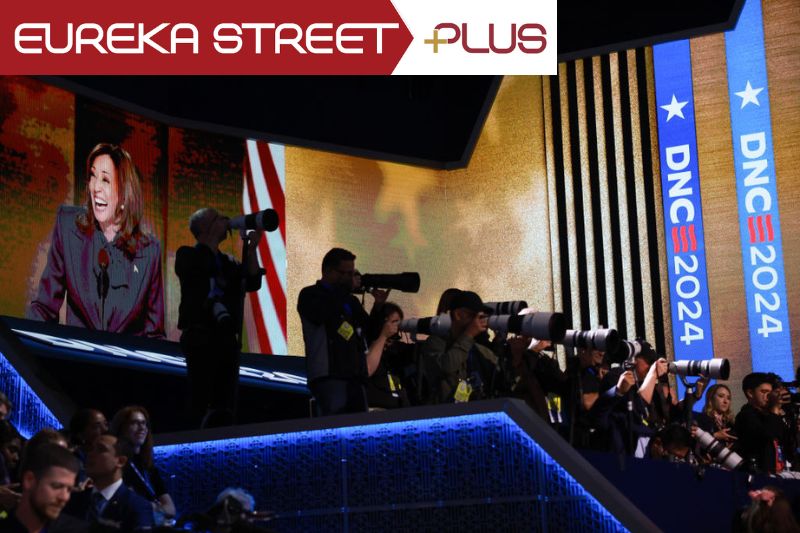
MEDIA
- Michele Frankeni
- 05 September 2024
With all attention focused on the newsworthy candidate, it seems in this 2024 presidential election, the media is playing the same game as it did in 2016. It's about novelty rather than interrogating relevant issues in any depth.
READ MORE 
-

AUSTRALIA
- Michele Frankeni
- 30 July 2024
From the colorful cast of characters to the unexpected moments of human connection with local multicultural, multi-ethnic communities, the humble bus ride offers a surprising window into the soul of a city and can be a source of joy if you let it.
READ MORE 
-

ARTS AND CULTURE
- Michele Frankeni
- 24 June 2024
1 Comment
I’m not sure if it’s age, personal experience or the way the world has changed but some favourite authors no longer have the same attraction they did 30 years ago. To the extent where I find that some of my favourite books now belong to a past self.
READ MORE 
-

ARTS AND CULTURE
- Michele Frankeni
- 21 May 2024
As someone who lately has been closer to witnessing the work of nurses and medical professionals than I’ve really wanted to be, I do not need persuading of their benefit to society. Perhaps every day should be ‘Hug a nurse day’.
READ MORE 
-
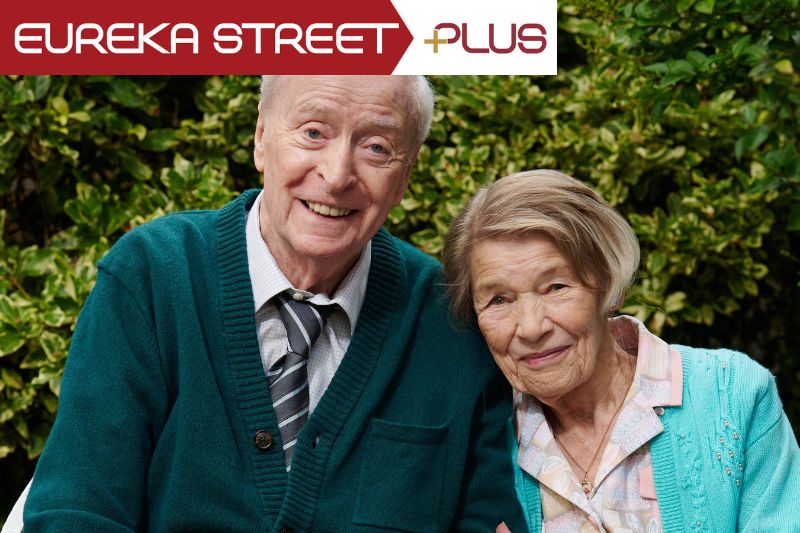
ARTS AND CULTURE
- Michele Frankeni
- 15 April 2024
What is so desirable about erasing our experiences from our faces? After all, they’re not called character lines for nothing. Shaw may have said youth is wasted on the young, but really youth is wasted on the aged.
READ MORE 
-

AUSTRALIA
- Michele Frankeni
- 14 March 2024
1 Comment
There just doesn’t seem to be anywhere that demands a consistent standard of dress. Even a trip to the theatre, once an occasion to dress up, has become a place of anything goes. Has the casualisation of dress gone too far?
READ MORE 
-
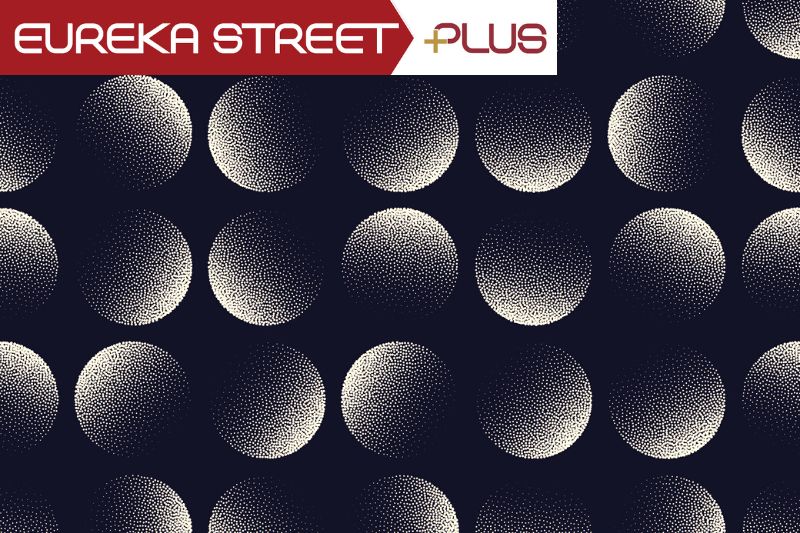
AUSTRALIA
- Michele Frankeni
- 05 February 2024
1 Comment
With large moral and ethical questions, I find myself slipping and sliding along a continuum of 'always yes' to 'definitely no', and never fully landing on either. Am I kidding myself? Is this inability to take a side lack of moral clarity or fibre? Or should I make a decision and stick to it?
READ MORE 
-
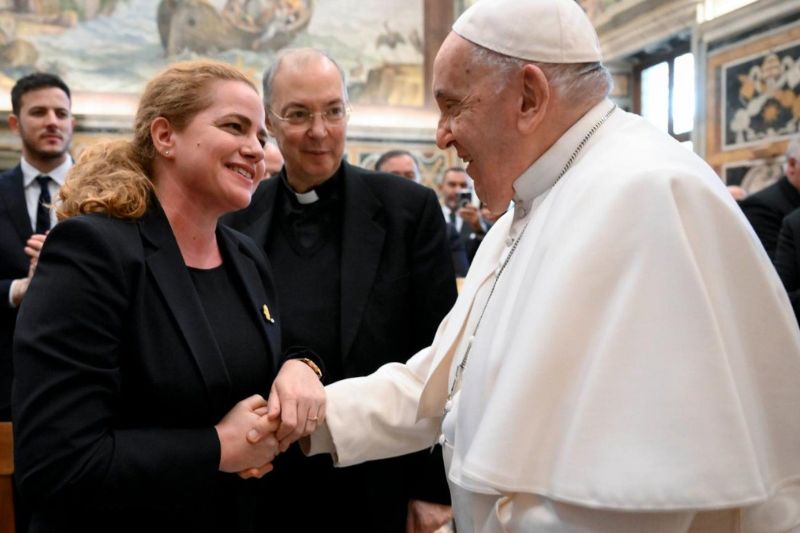
AUSTRALIA
- David Halliday, Michael McVeigh, Laura Kings, Michele Frankeni, Andrew Hamilton, Julian Butler
- 21 December 2023
10 Comments
To close the year for Eureka Street, the editorial team wanted to nominate who we considered to be the Eureka Street ‘person of the year’ based on this year's newsmakers.
READ MORE
-

AUSTRALIA
- Michele Frankeni
- 11 December 2023
1 Comment
Despite all the reasons not to send Christmas cards, this year I decided to revive my card-sending custom. What appeals most about card sending is it has the attraction of being almost rebellious; a small gesture of maintaining personal connections in a world that can sometimes appear downright hostile to human interaction.
READ MORE 
-
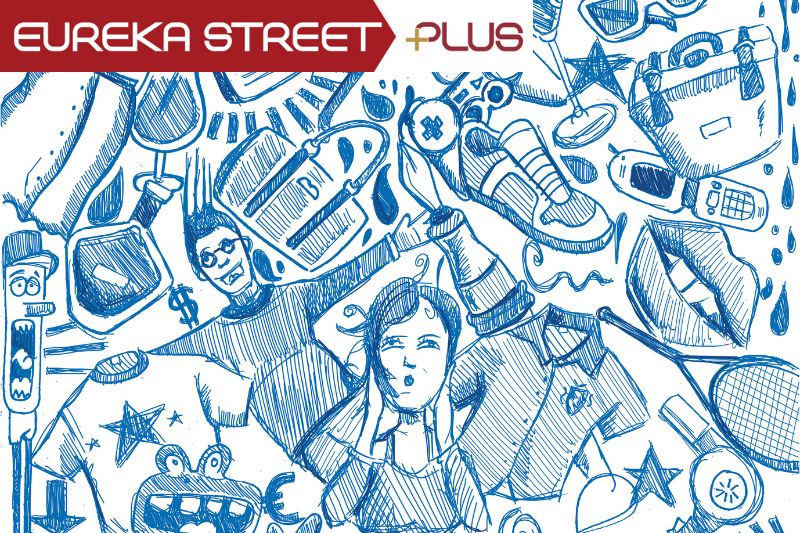
AUSTRALIA
- Michele Frankeni
- 14 November 2023
As Christmas (aka for many the season of shopping) fast approaches, it’s perhaps time to articulate an unpleasant truth: shopping is not a relaxing or pleasurable experience. In fact, it can be downright masochistic. Somehow as consumers we’ve been conned into accepting that all large stores need to do is be the repository for goods for sale.
READ MORE 